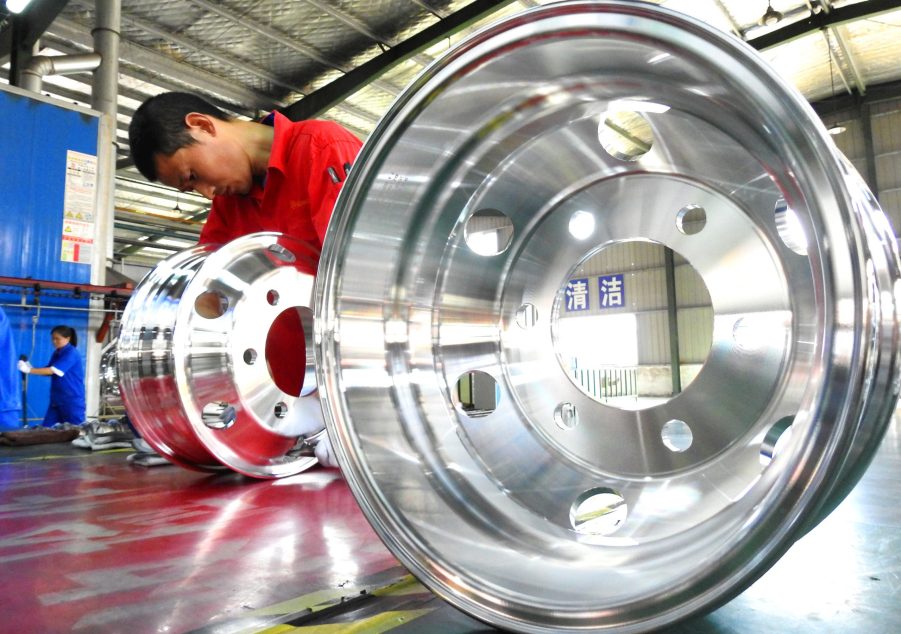
Magnesium Could Be the Next Reason Your New Car Is Delayed
There’s a shortage of car parts, truckers, semiconductors, and more impacting automakers across the globe. And now, magnesium shortages may impact deliveries of your new car. It may seem minor, but a shortage of this material could make delays even worse. But why is there a shortage of it to begin with?

How is magnesium used in cars?
For automakers, magnesium isn’t a major component in the car-building process. Sure, it keeps their materials light. But more often than not, magnesium is bought in small batches. The companies that manufacture car parts, such as wheel hubs, rely heavily on magnesium to build the components.
Magnesium is a lightweight component that can be combined with aluminum to make lightweight car components. Without magnesium, car part suppliers can either build the parts out of aluminum, making them 33% heavier or not build them at all.
As we shift to electric cars, every unnecessary pound counts. An electric car’s range is directly determined by how many pounds it needs to carry. And that range will shift if heavier materials (or passengers) are thrown into the mix.
Magnesium is also stronger than aluminum. And mixed together, it creates a solution that’s both light and strong. Without magnesium, however, many of the car parts wouldn’t be strong enough to do their job.
Why is there a shortage of magnesium?

The issue revolves around China’s magnesium production levels. China makes up 85% of the global magnesium supply. And right now, they’re operating at 50% capacity. Part of this was due to Covid-19, where factories closed temporarily. But now it’s due to rising coal prices.
See, manufacturing magnesium takes a lot of energy, and the main way to produce it is coal. But coal prices are rising because there’s a global shortage of coal as well.
Founder of India Coal Marketplace, Puneet Gupta, told Reuters, “It is the perfect storm, [coal] prices are galloping due to China’s heatwave, shortages with Coal India and power plants, high freight rates, increased appetite in the rest of Asia, tightness due to Indonesian rains, Hurricane Ida in the U.S., and in general a supply crunch.”
In other words, the climate is playing a massive part as to why coal is so hard to produce right now. But for automakers, the lack of magnesium due to the lack of coal hasn’t impacted them yet. But it might soon.
When will the shortage of magnesium become a problem?

Many experts are suggesting that we’re in the calm before the storm. Though, if you ask me, there’s nothing calm about the insane shortages happening right now. Many parts suppliers are looking to source their magnesium from other countries besides China, such as ZF in Germany, which makes steering wheels and gearboxes.
But much is still unknown, and will take a few months to come to fruition. The Volkswagen head of purchasing told Reuters, “We cannot forecast right now if the shortage on magnesium, which will happen definitely according to planning, will be bigger than the semiconductor shortage.”
To recap: there’s a shortage of semiconductors, a shortage of rubber, a shortage of truck drivers, and now a shortage of magnesium due to a shortage of coal. Have you had enough shortages? If you plan on buying a new car, expect significant delays. Or don’t buy a new car.


